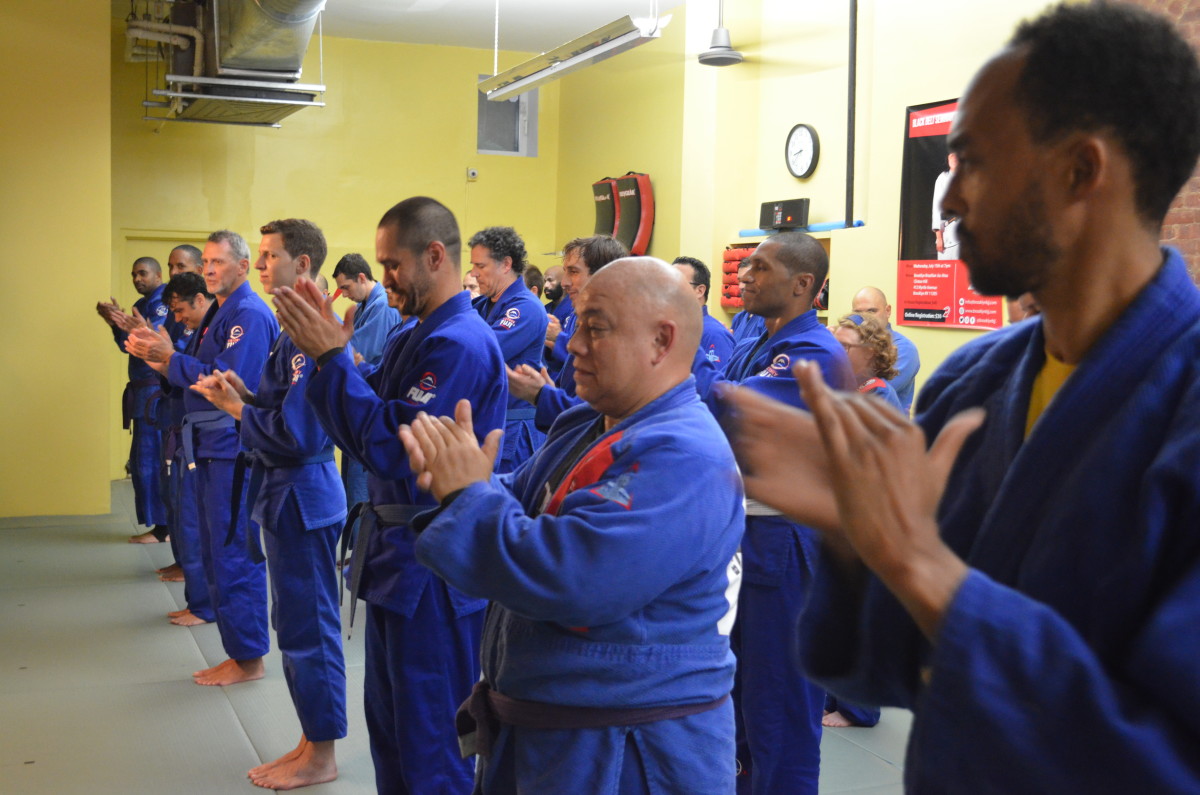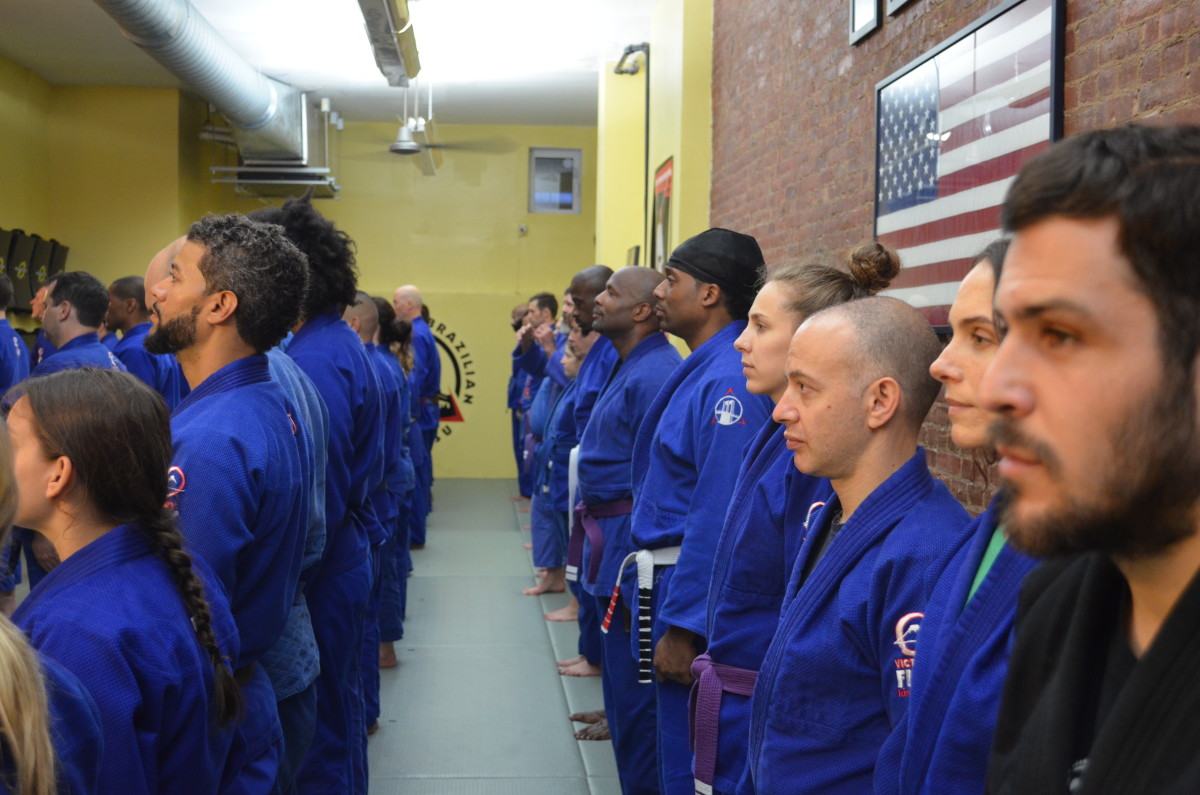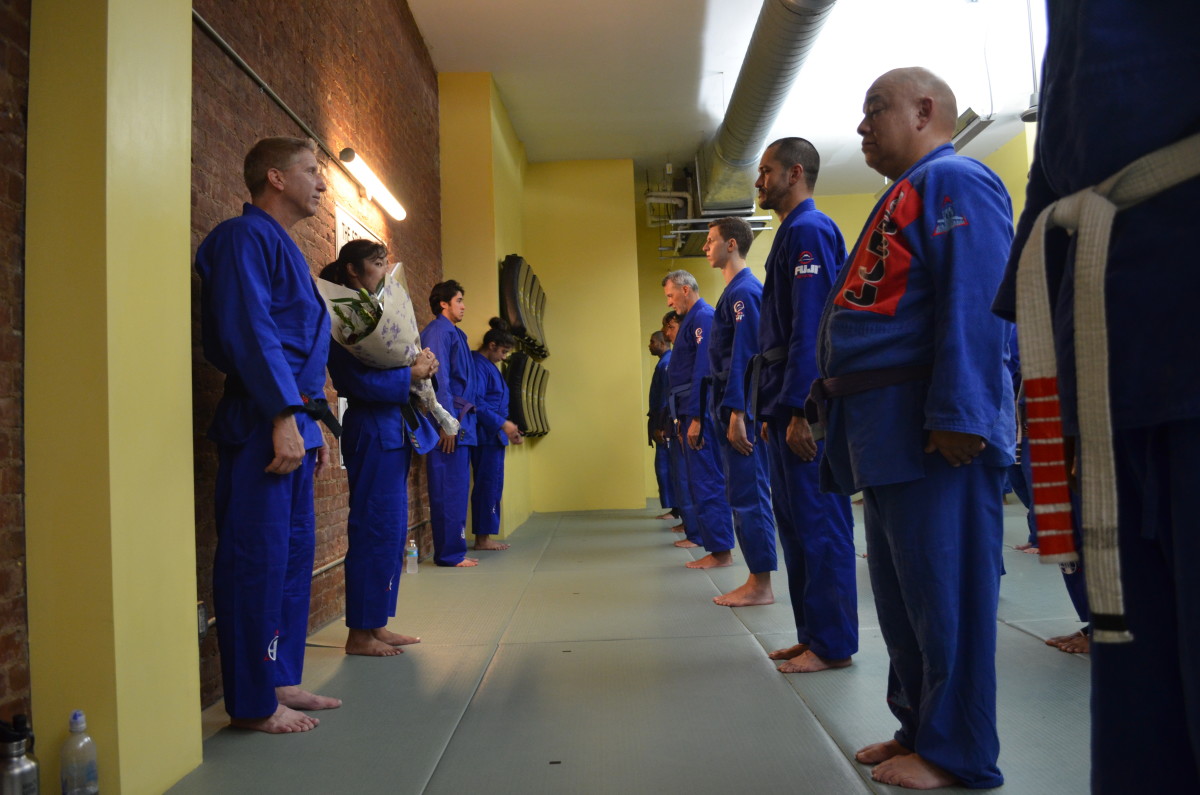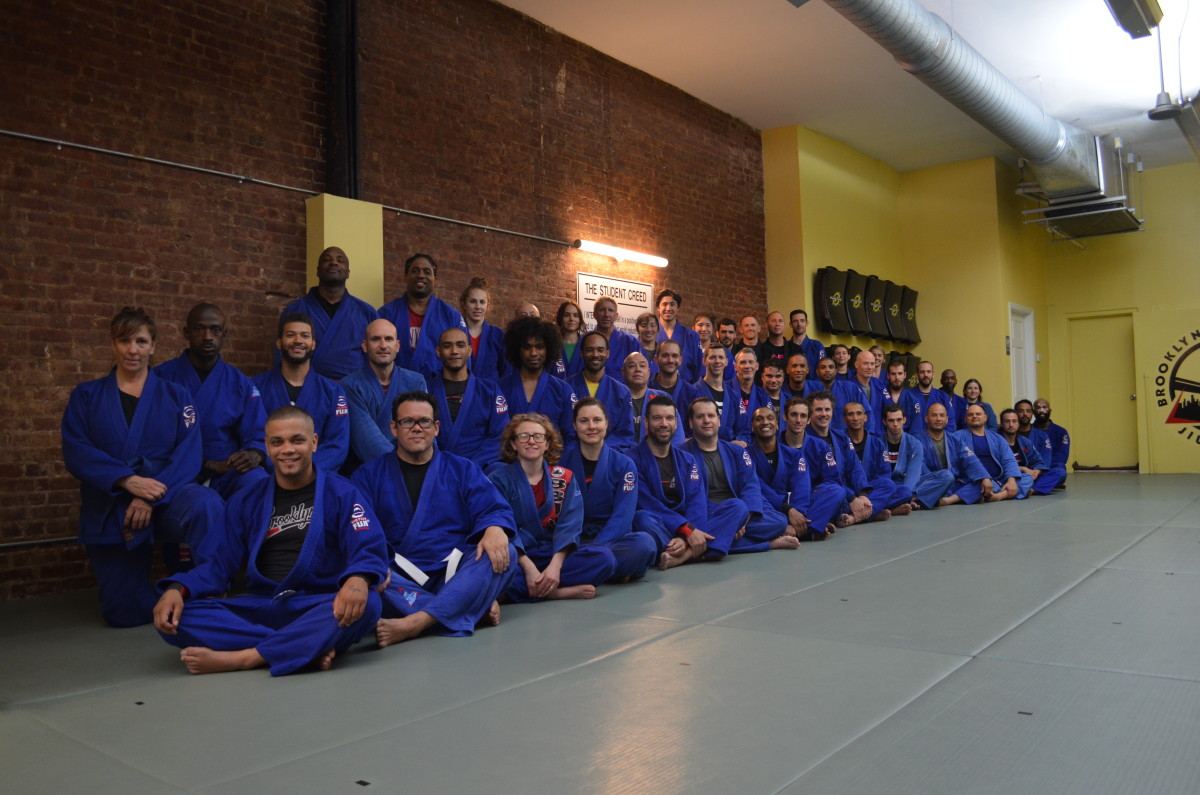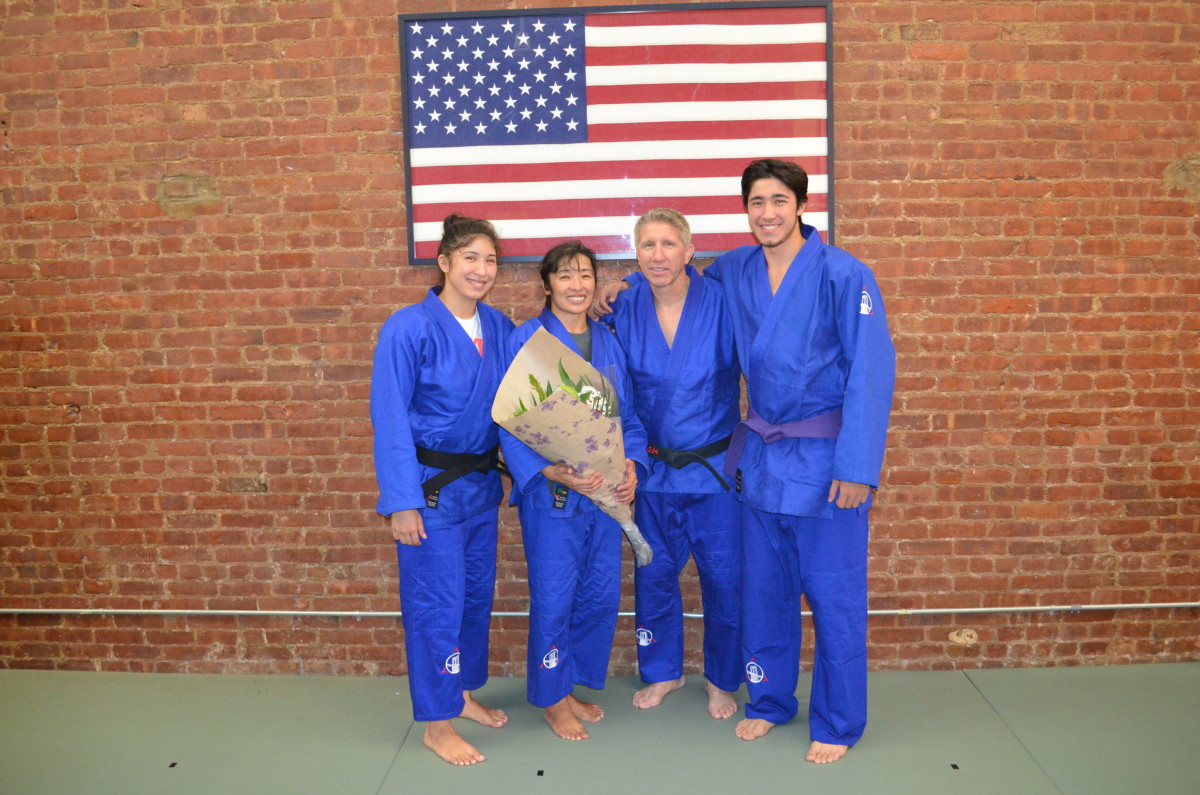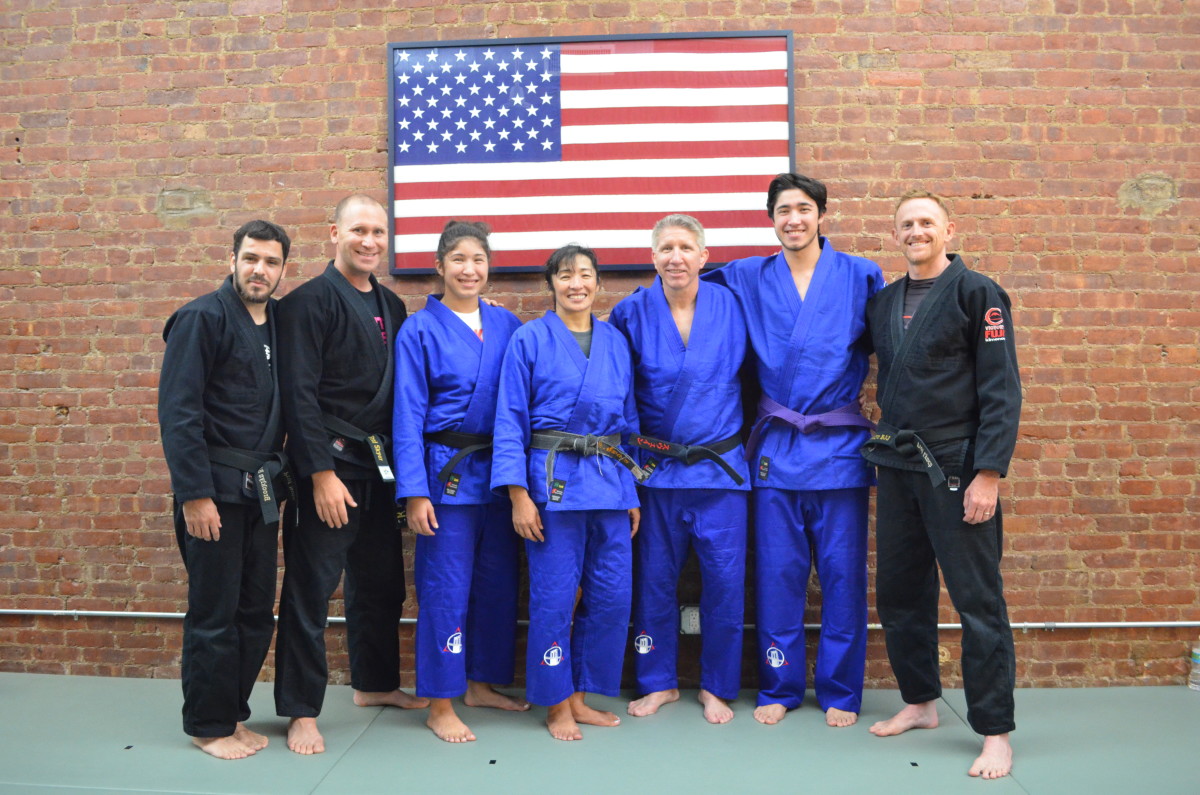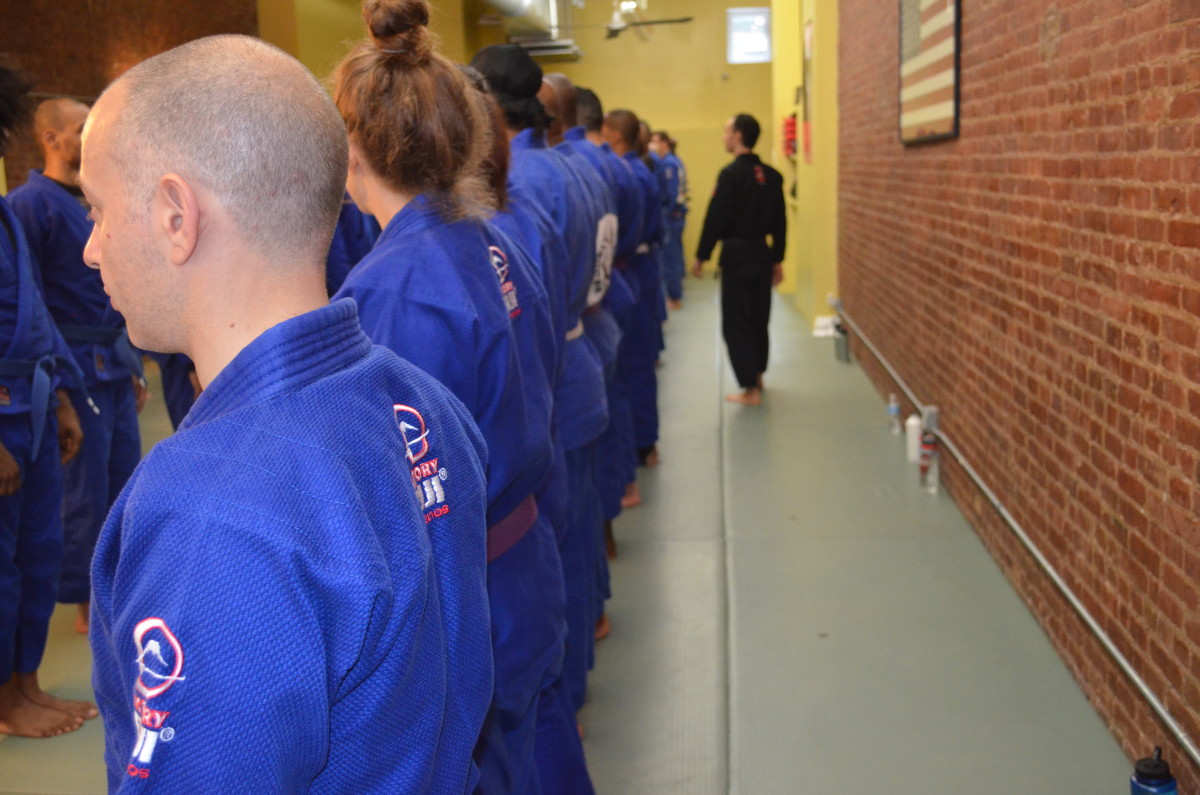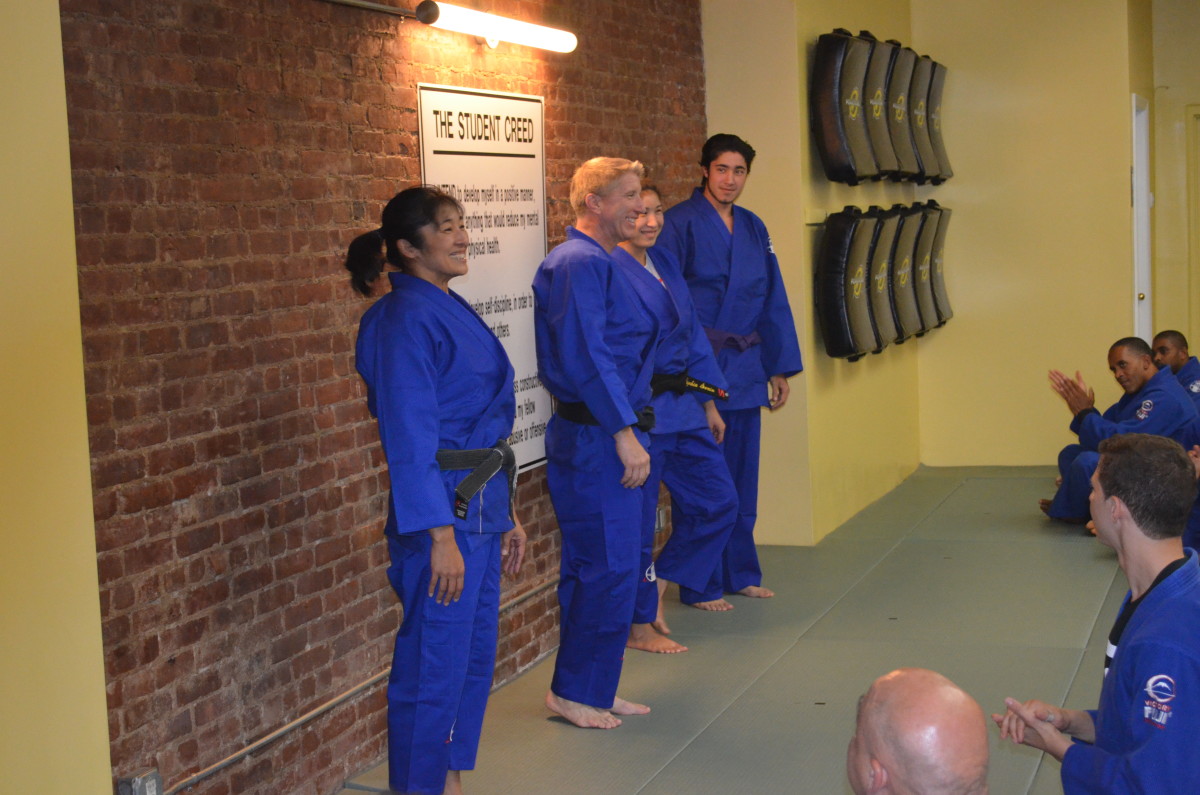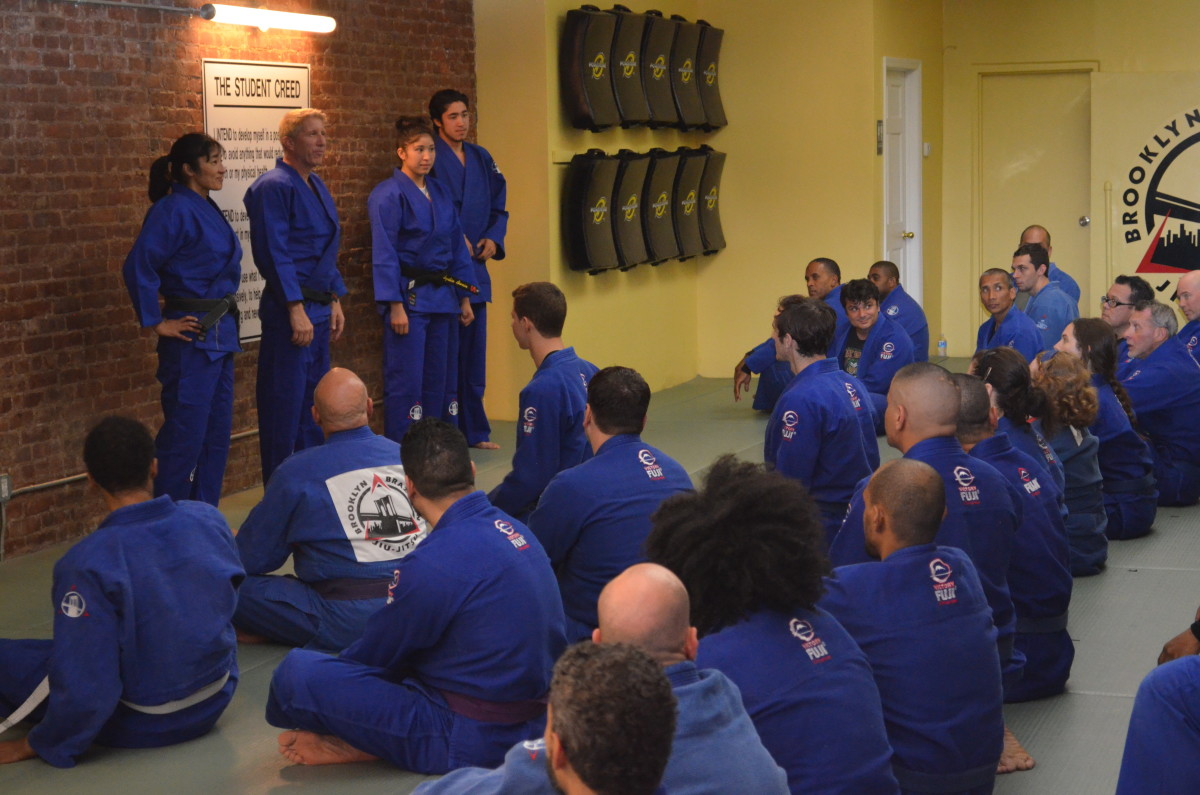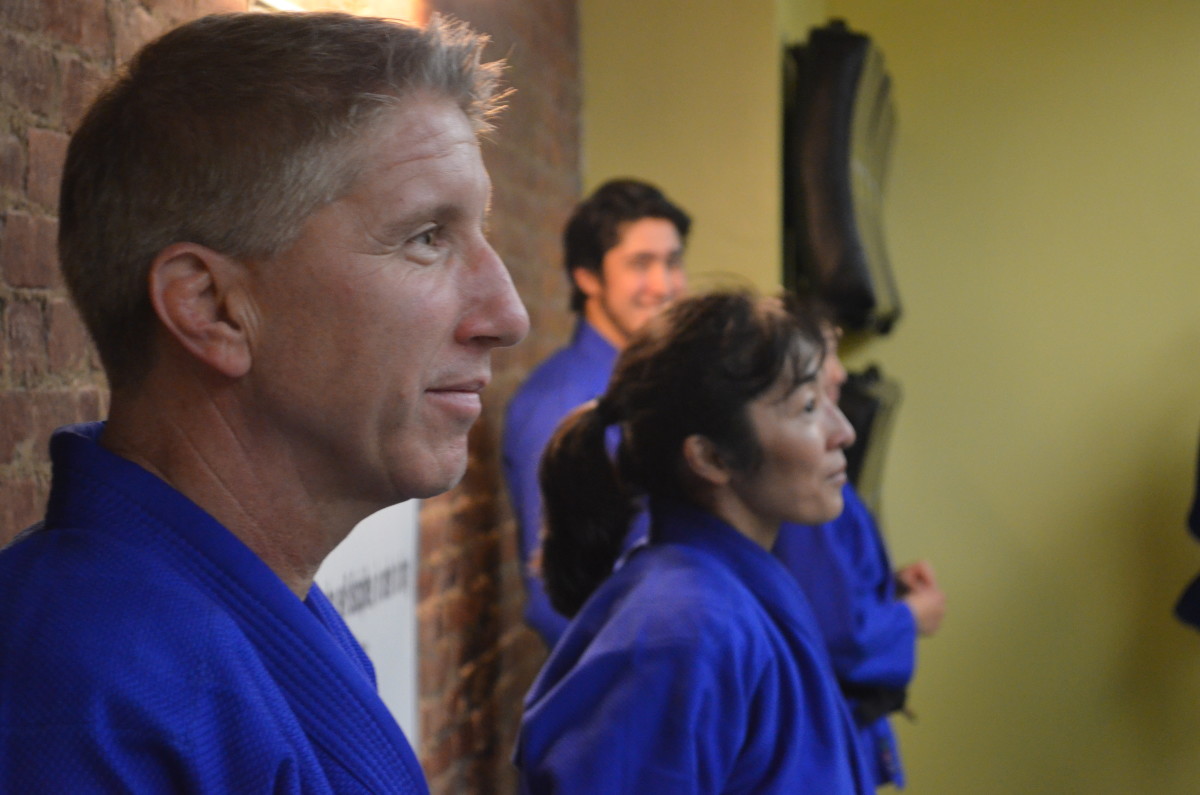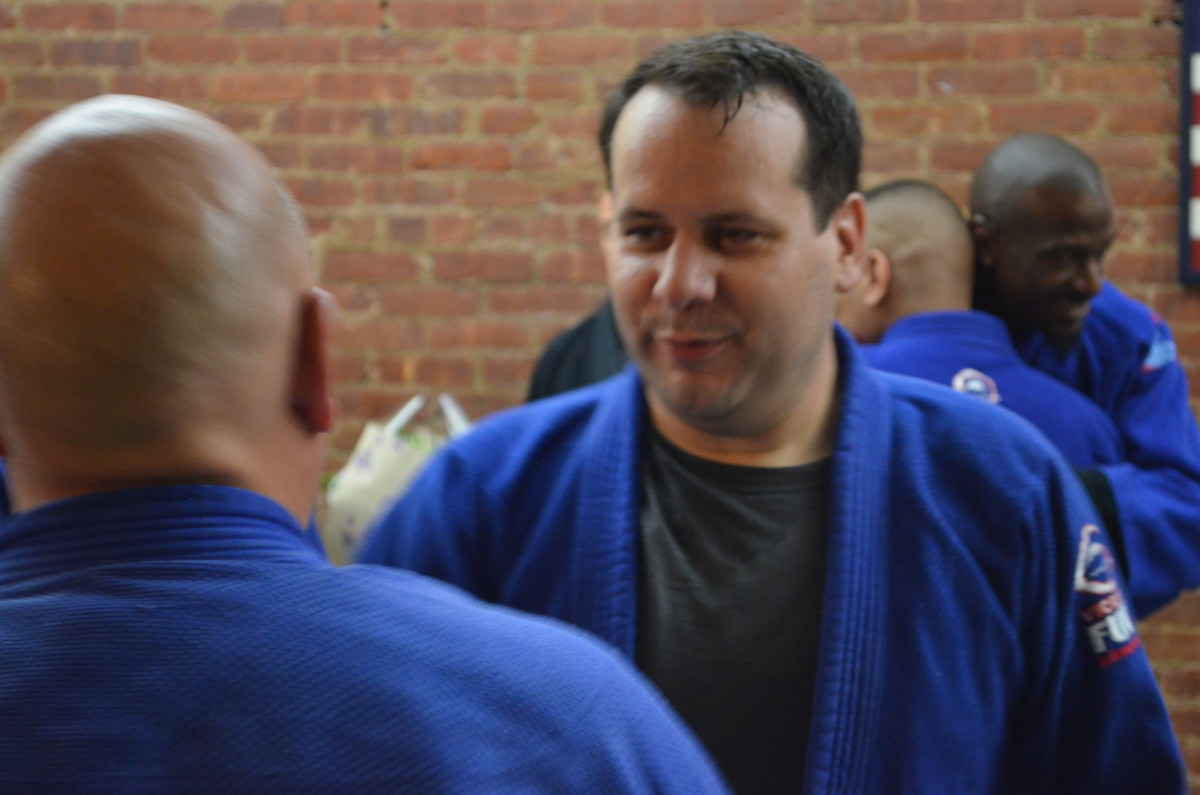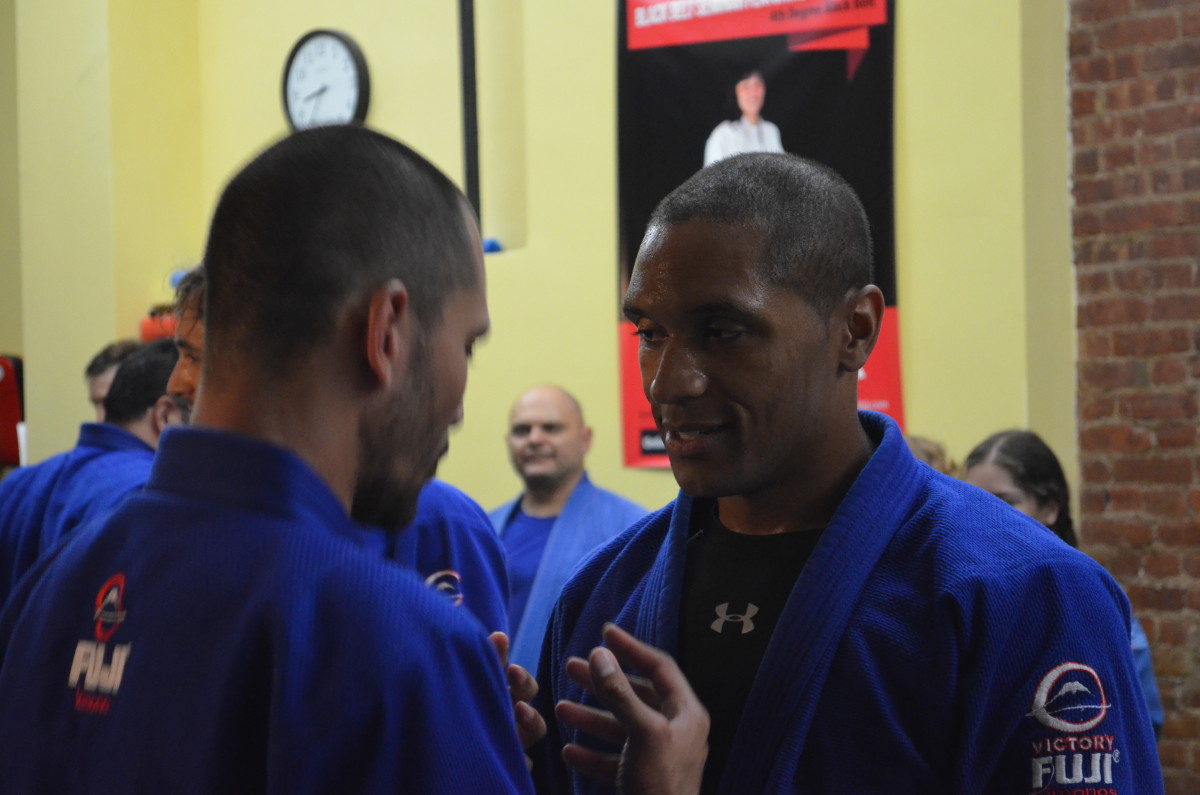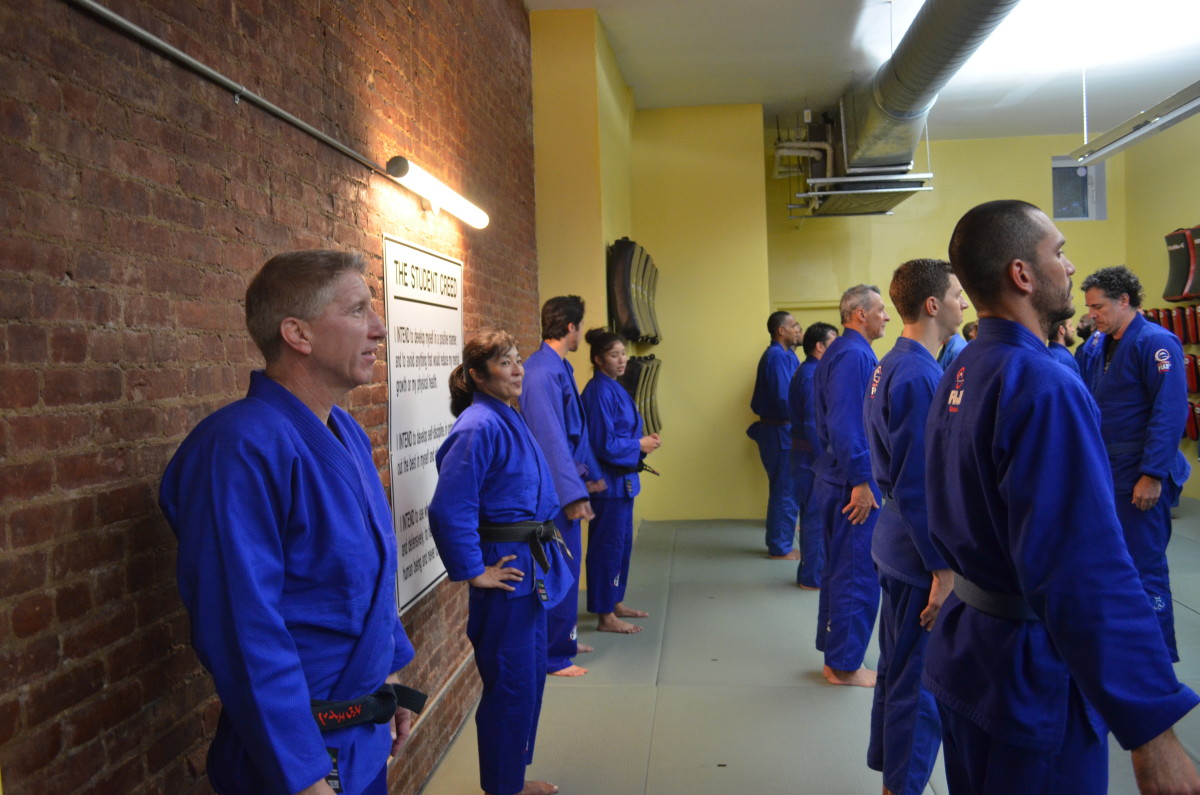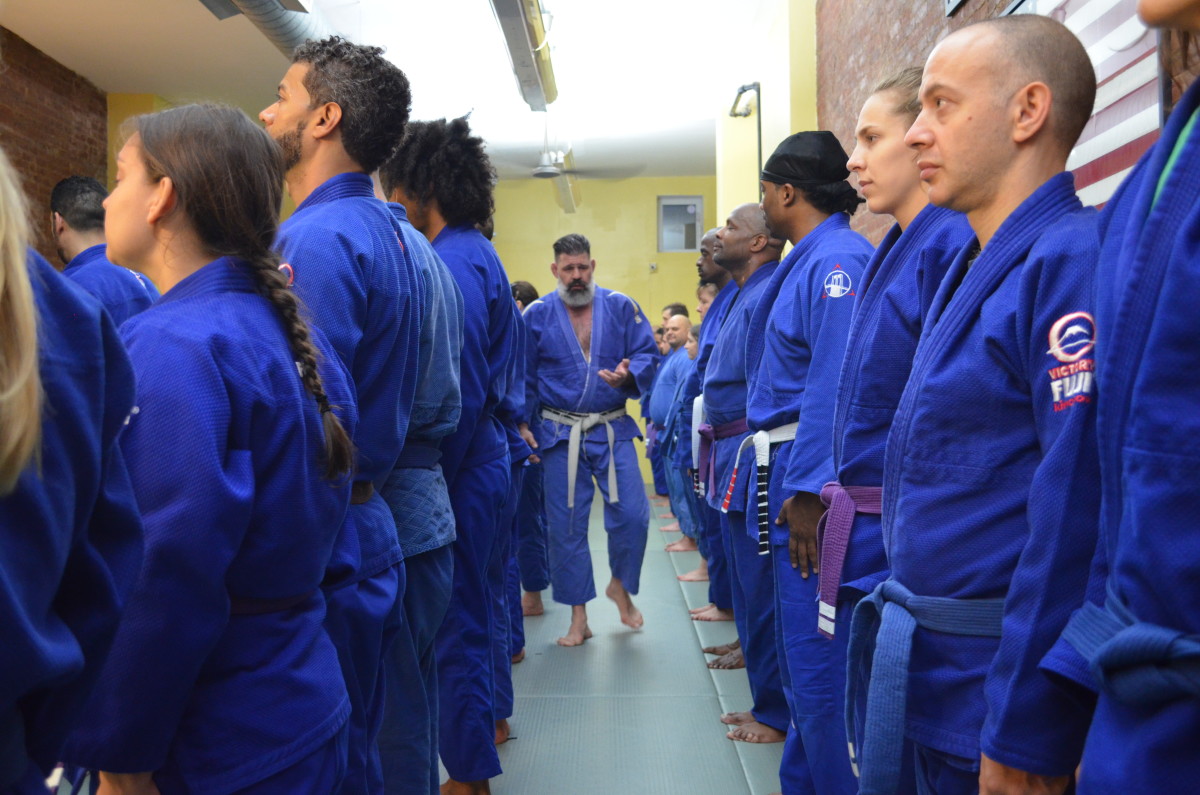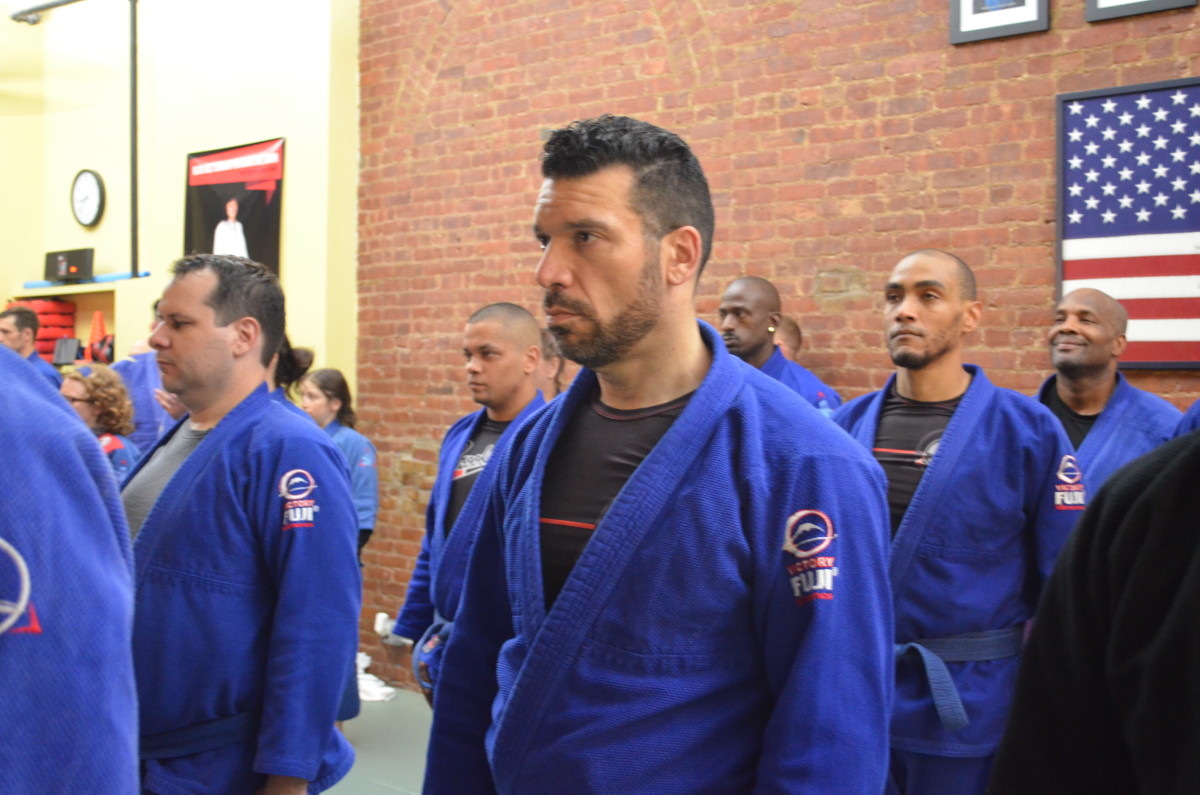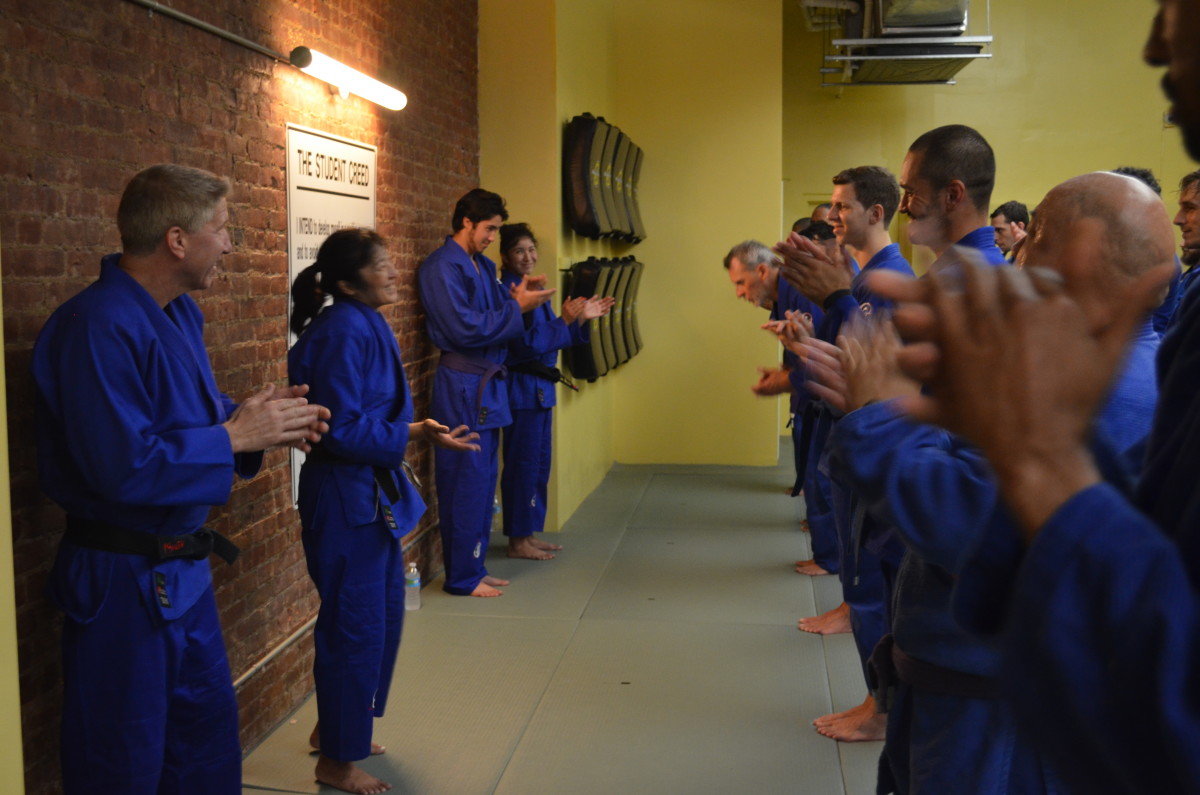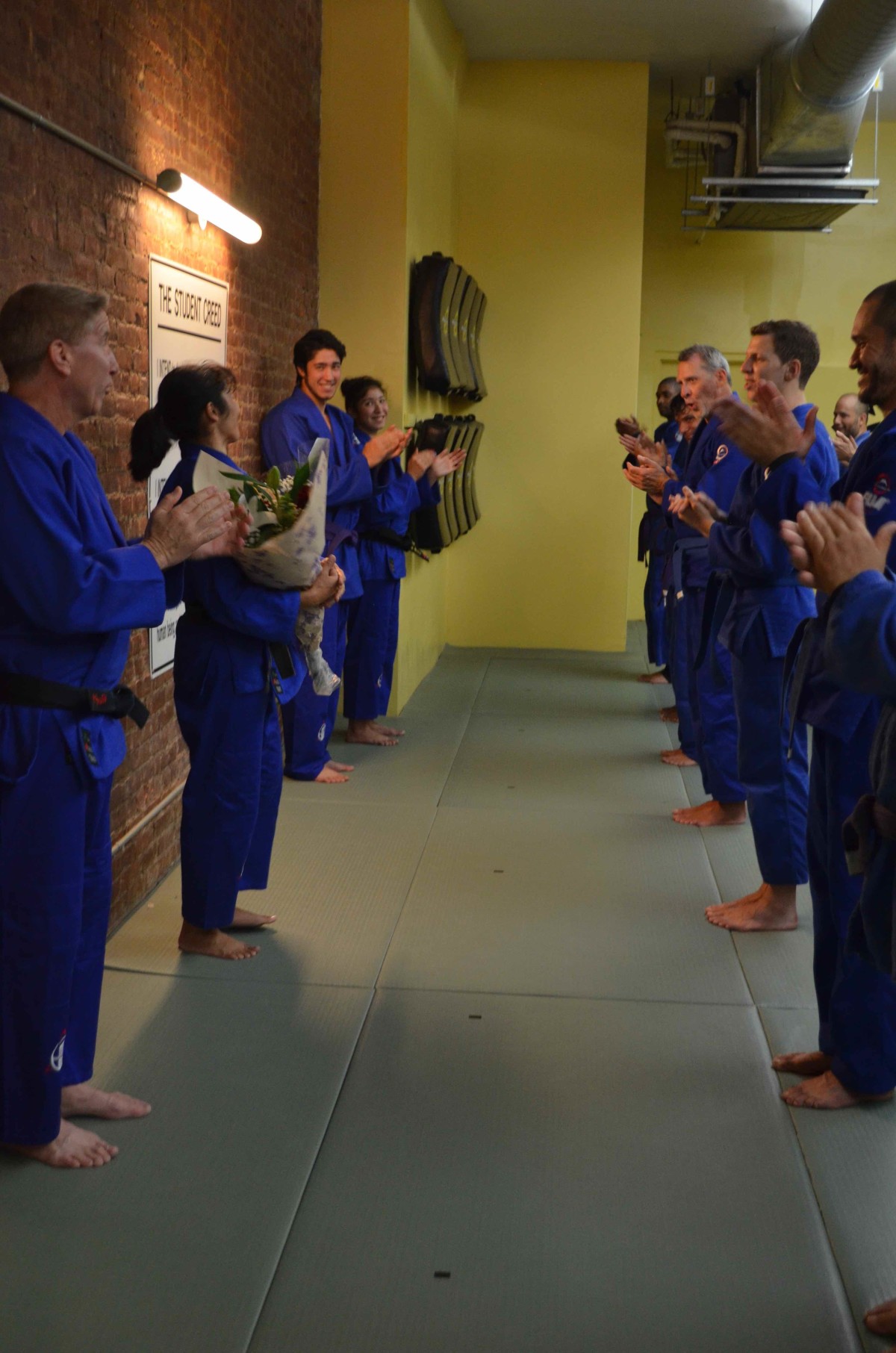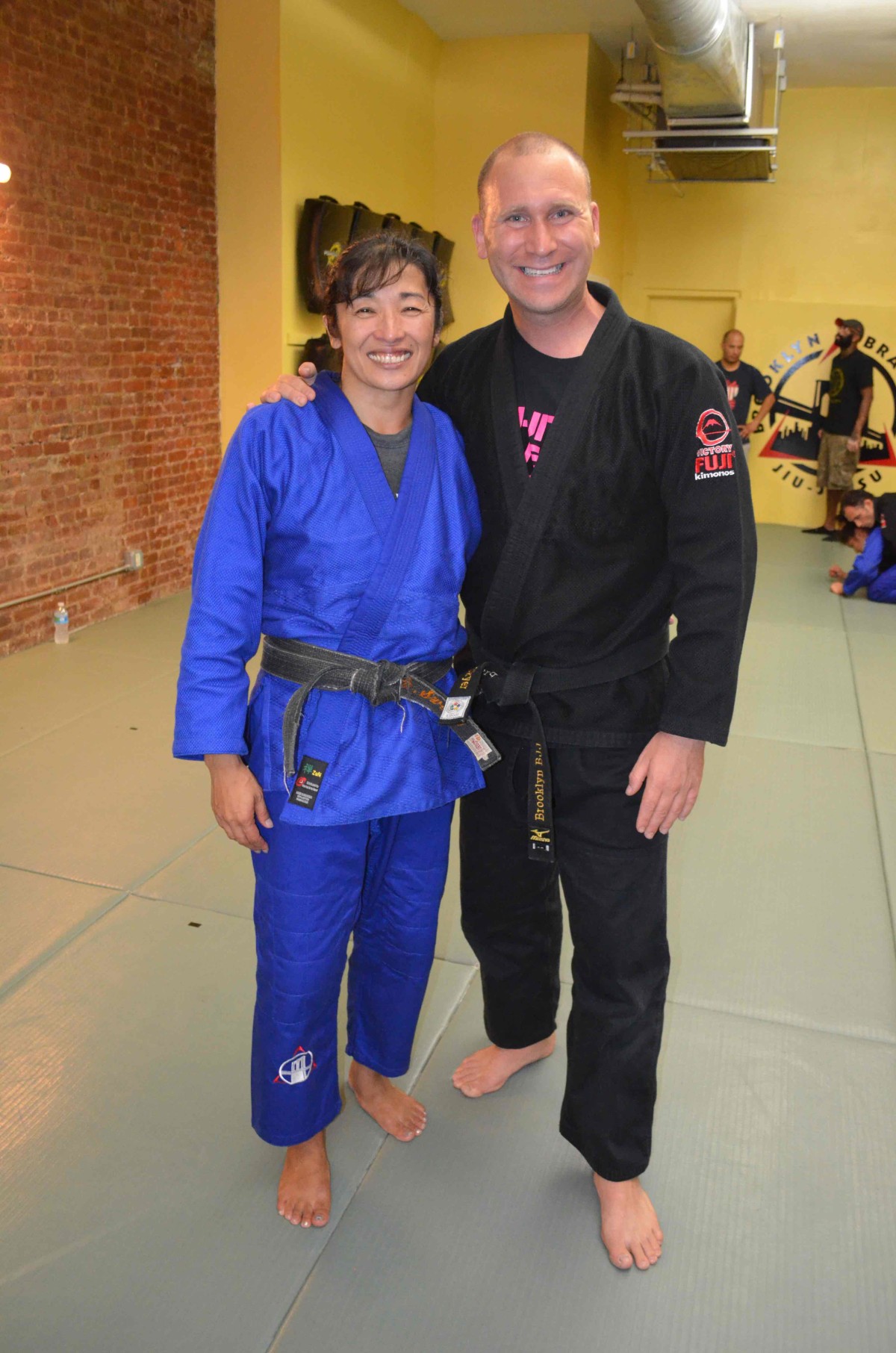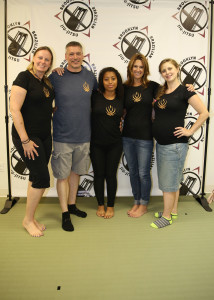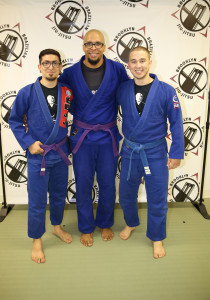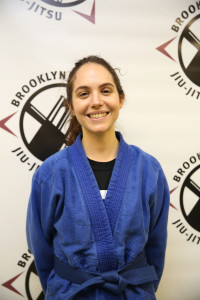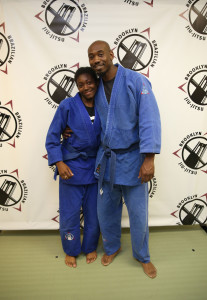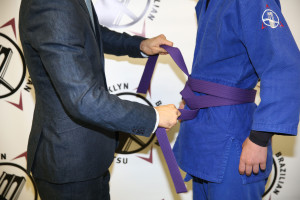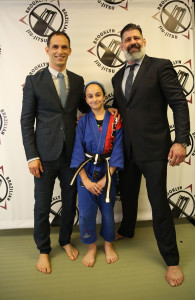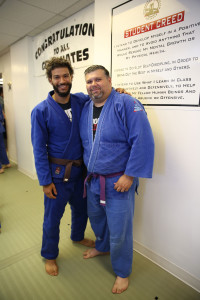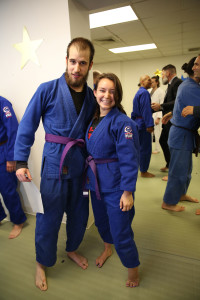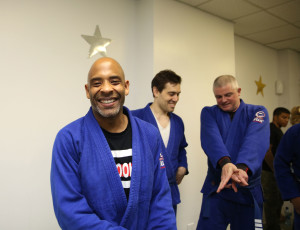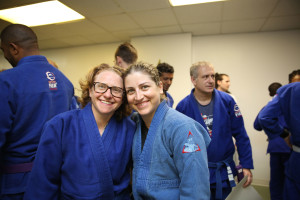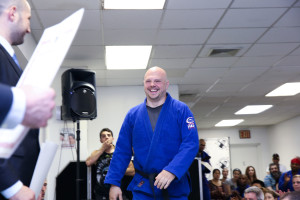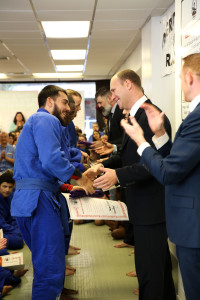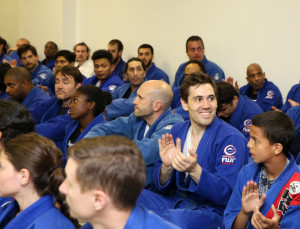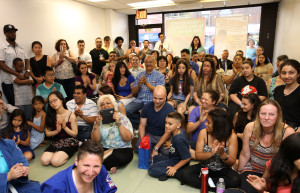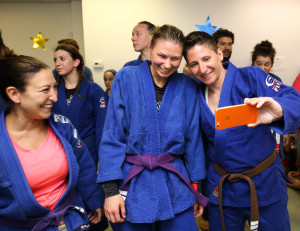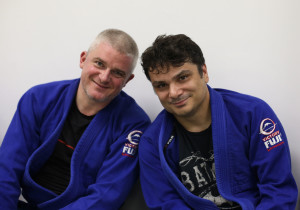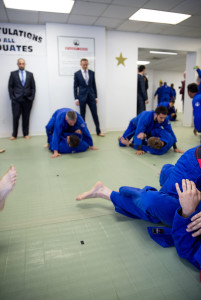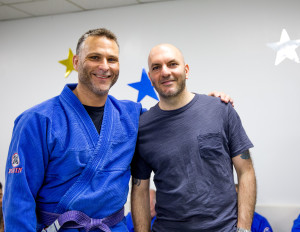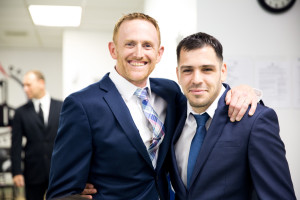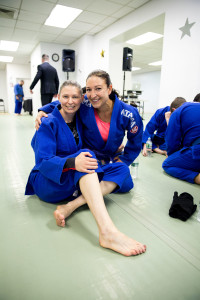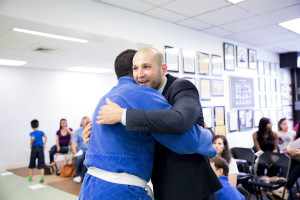One of the troubles I struggled with as a younger person was my own fear of rejection. In it’s mildest form, it was a worry that I wouldn’t be accepted. It seemed to show up everywhere I looked:
I thought I wouldn’t be able to make friends.
I thought I wouldn’t ever have a girlfriend.
I thought people would laugh at me if I tried out for the team and looked foolish or didn’t make it.
I took everything so personally. If I called someone and they didn’t call me back, it was wasn’t because they were busy or just missed my call – it was because there was something wrong with me.
When I look back, I was allowing my fears to dictate my decisions. As a result, I never felt like I was making mental or emotional progress. I wasn’t taking any meaningful steps to a better life, no matter what activities or sports or hobbies I was involved with.
It’s my belief that as adults, we often stay in negative, unfulfilling relationships because we’re afraid to risk the vulnerability it takes to enter new, good relationships.
For me, it reached a point where if someone was willing to influence me I would let them. It didn’t matter if they were influencing me positively or negatively; I just went along.
My fear of rejection drove me to do “whatever it took” to feel included. I lied, cheated, and stole in order to avoid being rejected. And in the end, I was barely holding on to my integrity by a thread.
What happened?
Well, it started by reading a few books and honestly looking at where I was in my life. What came next was Martial Arts training.

I began at BBJJ partly because it stripped away my trouble spots – there wasn’t any “team” I had to make it onto, and there weren’t any “in-crowds” for me to try to fit in with. I could focus on my own personal goals without that fear of not being accepted.
The things I used to hide behind weren’t there anymore. And instead of falling apart, becoming an emotional wreck or getting aggressive, I found myself…happier.
Most people think martial arts practice – especially Jiu-Jitsu – is about getting “up close and personal” with a sparring partner or a classmate doing the techniques. But when I started practicing regularly, I got “up close and personal” with myself and my fears.
With guidance from my instructors, I started to see myself acting out of fear…and once I started to see it, I couldn’t NOT see it.
That gave me the impetus to go to work.
Brooklyn Brazilian Jiu-Jitsu gave me the confidence that I didn’t have to do the work alone. I understood that my teachers had my back – it was like knowing I had a net while walking on a high wire.
So I did what they told me to do – I read more, and I listened more. I learned to discern who might help me…and who might not.
Ultimately, I’ve been able to swing the pendulum so far in the other direction that I am now actually able to BE a positive influence on so many people.
Now, I can’t say that I never make decisions out of fear anymore…but I can say that it’s rare. And I can look myself in the mirror and know: I turned one of my greatest challenges into one of my greatest victories.
Challenges have the potential for greatness – not just despair. I recently dealt with an injury and I immediately looked at how it will eventually add to my Jiu-Jitsu practice and my life rather than detract from it. My teacher has always told me that tough times don’t last…tough people do.
And through this personal experience of turning challenges to victories through my work at BBJJ, I now know that it’s true.
You know, I’ve always found it incredibly admirable when people are able to turn their biggest challenges into their greatest victories. Many of us have been inspired by stories of Beethoven and his ability to overcome deafness to write some of the world’s most beautiful symphonies.
And I imagine from my instructor’s point of view, it’s no less powerful to watch a student turn low self-esteem into an ever-growing, positive self-image.
Jason’s jiu-jitsu journey began at BBJJ in 2008. He’s credited his martial arts training with improvements in everything from temperament and patience to reaching personal fitness and relationship goals.






